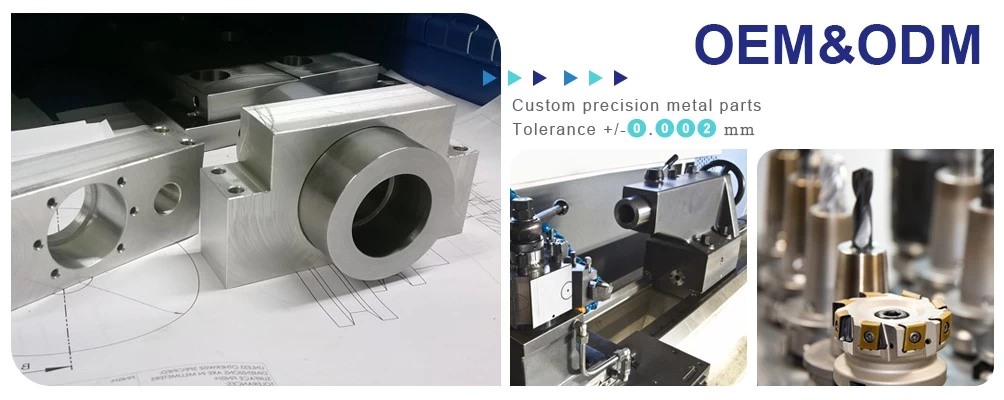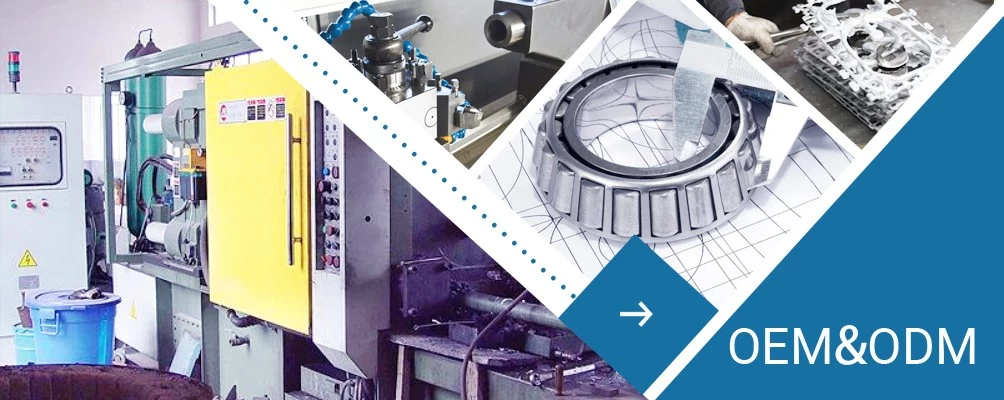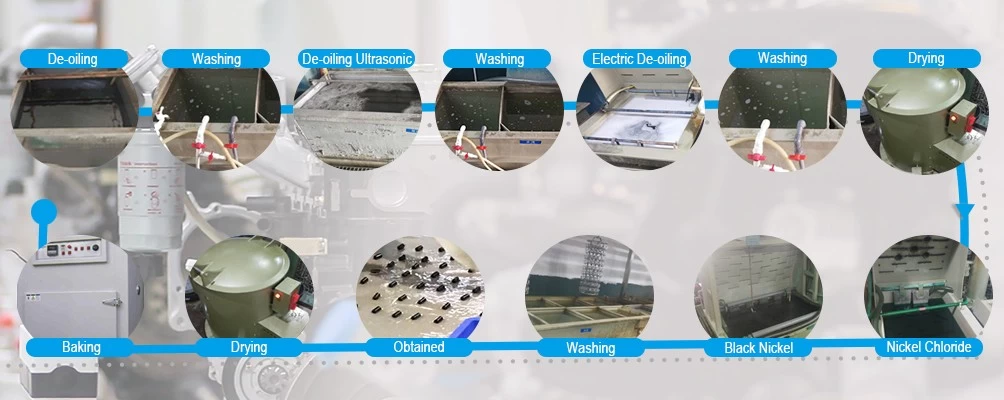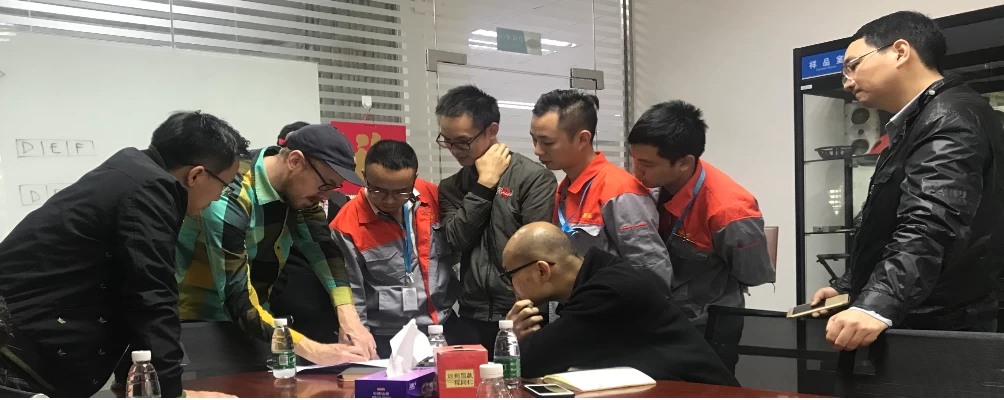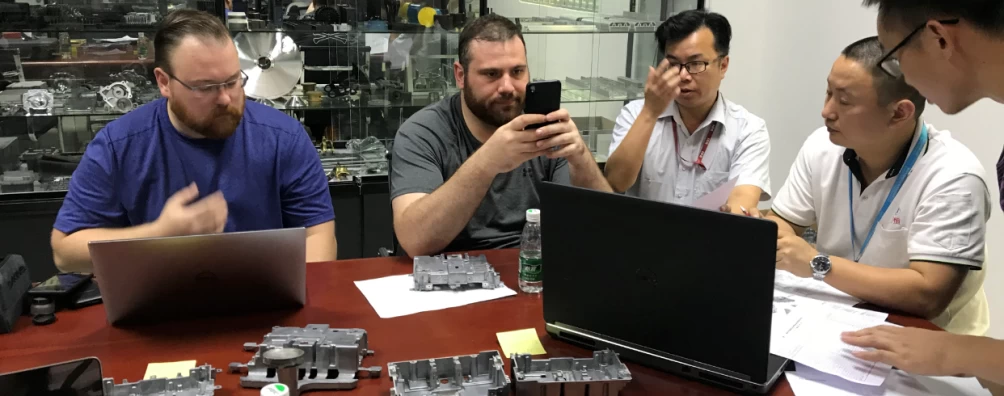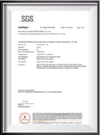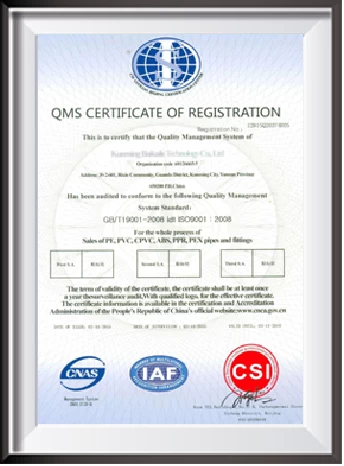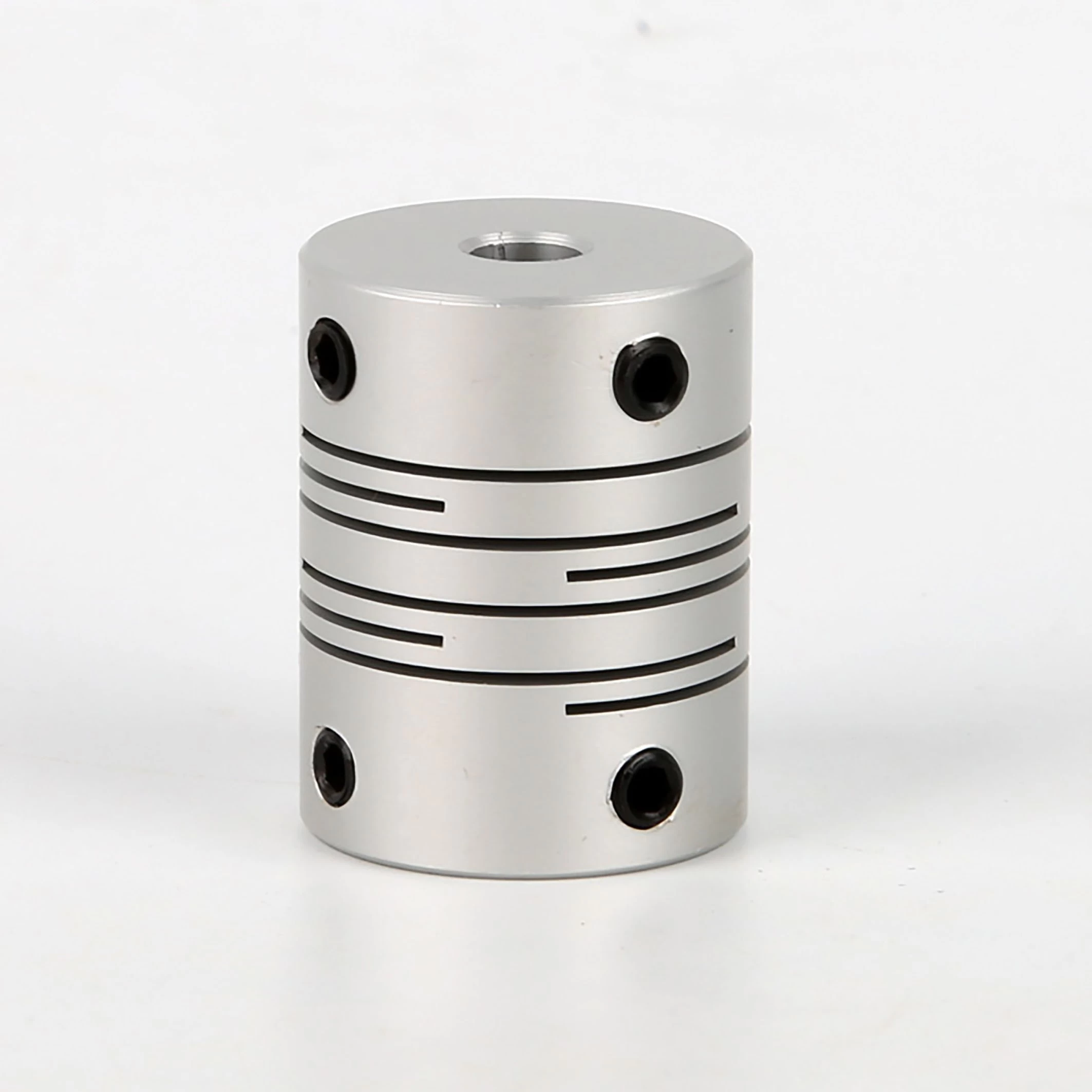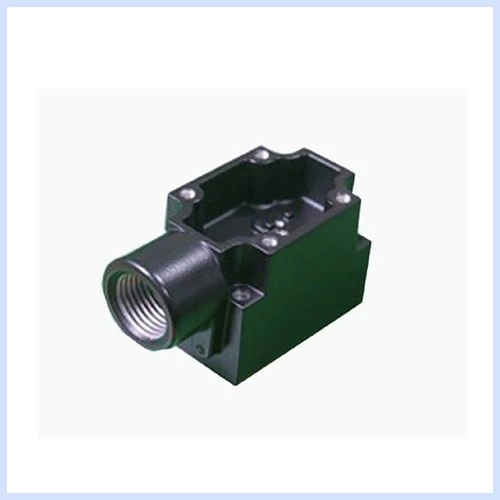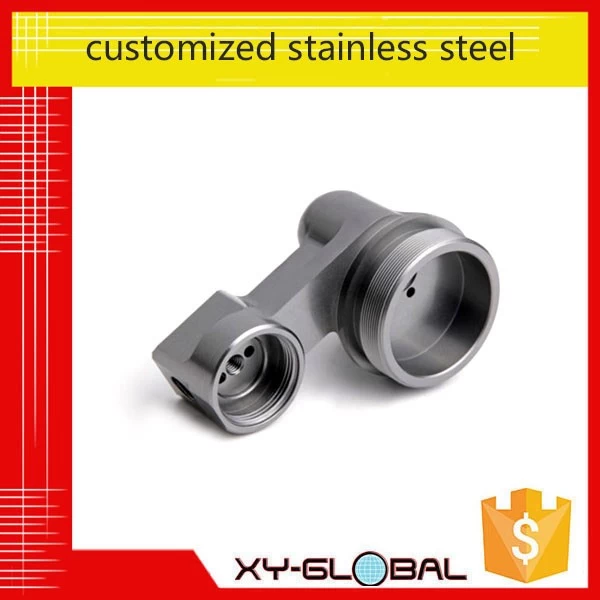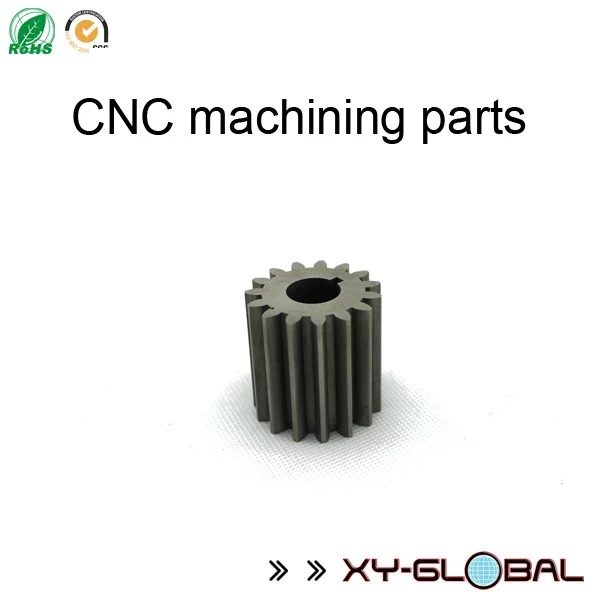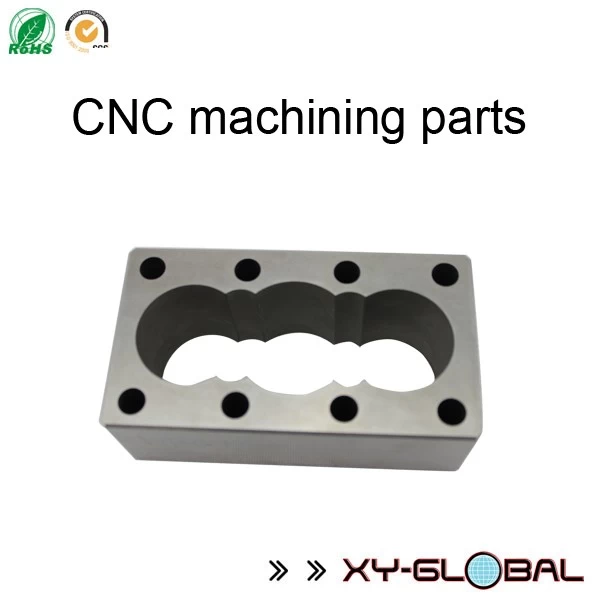Pay for the food waste Korea in action
In a bid to control the nation's growing problem with food wastage, the South Korean government has started a unique initiative – "Pay as You Trash". Residents are required to separate their food waste from the rest of their trash and dump it separately in a centralised bin. And in order to access the bin, they actually need to pay by the kilo!
As of now, the South Korean government has three methods in place to charge citizens for the food thrown away. One is through an RFID (Radio Frequency Identification) card – when users tap this card – embedded with their personal tag – over a specially designed food waste bin, the lid will open, allowing them to dump their waste. This waste is automatically weighed and recorded in the user's account. The user needs to settle this bill on a monthly basis. Each RFID bin costs 1.7 million won ($1,500) and can cater to 60 households.
The second billing method is through pre-paid garbage bags. These specially designed bags are priced based on volume. For instance, in Seoul, a 10-liter garbage bag costs around 190 won (less than $1). There's also a bar code management system in place, in which residents deposit food waste directly into composting bins and pay for it by purchasing bar code stickers attached to the bin.
Nearly every residential complex in the nation is equipped one of these three payment systems. Even before the pay-by-weight system was introduced, South Koreans were still being charged for food waste – the cost was simply divided equally among the tenants of each apartment block. The new system is not only fair, but is also designed to make consumers really feel the pinch of excessive waste. The more food they toss out, the more they end up paying.
And it's working – residents like Seoul housewife Ms. Kwan are now adopting innovative methods to avoid food waste. She makes sure to strain all the liquid out of leftover food before throwing it away. She also separates fresh produce and other food items into smaller portions so that only the required amount of ingredients are used up per meal. While prepping vegetables, she tries to make use of as much as the edible parts as possible, in an effort to minimize waste.
"Because I'm worried about the disposal fees, I'm more careful about food waste now," she said. "Our food waste has become much less than before."
"People used to buy a lot of food and throw away leftovers without much care," said Yu Gwang Mo, a government official from Seoul's Mapo district. "After realising they have to pay for how much they throw, they have started to control their food purchase."
"I think it's a good idea," added Mapo housewife Cho Sung Ja, "because people started to pay more attention to how much trash they throw and there's now less food waste and the trash bin area has become cleaner too."
Restaurants and other food-based businesses are also actively trying to reduce their pay-by-weight disposal bill, by their own food waste processor – a machine that converts food scraps into dried powder that can be used as fertilizer. Some restaurants are actively trying to reduce the amount of food they waste by donating leftovers to the poor and hungry.
According to official surveys, food waste in South Korea accounts for 28 percent of total waste by volume. 30 percent of this comes from leftovers, while 5 percent of the wasted food is thrown away uneaten. In smaller restaurants, leftovers account for 68 percent of all food wasted. Disposing this kind of waste costs the government a whopping 800 billion won per year. Through various initiatives such as "Pay as You Trash", the government has managed to cut food waste from 5.1 million tons in 2008 to 4.82 million tons in 2014.


